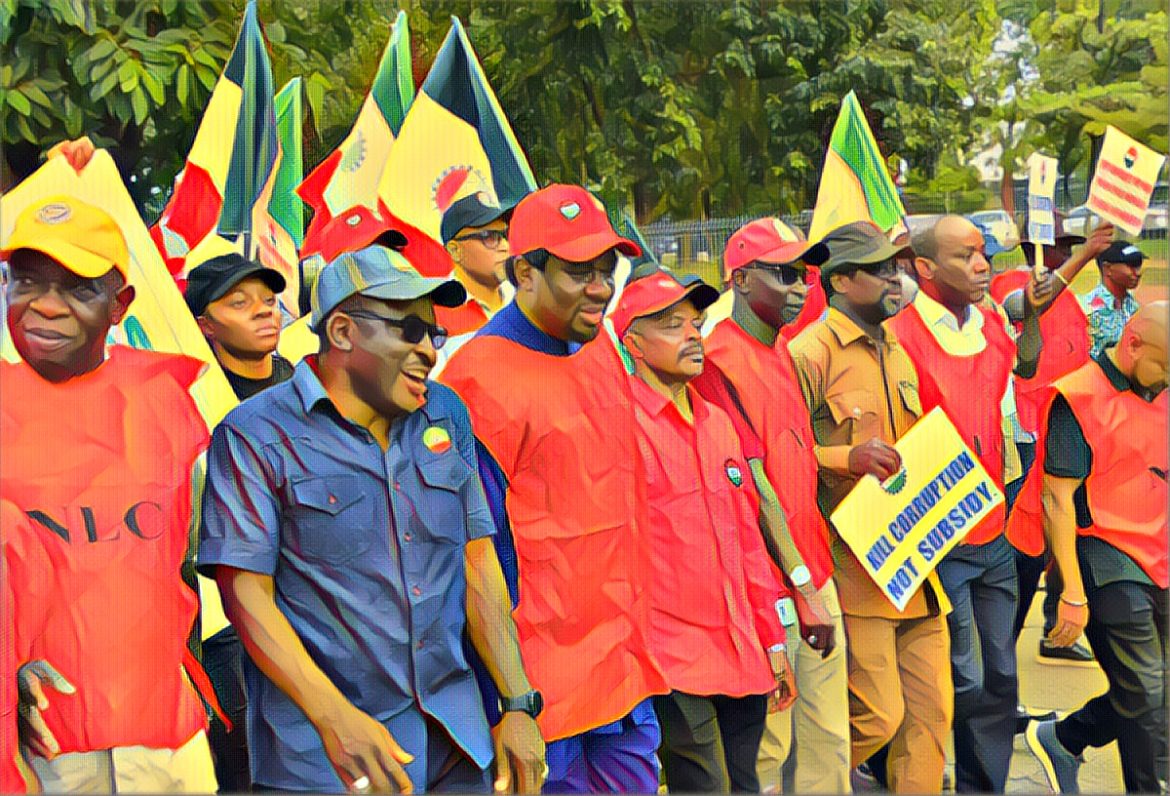The Nigeria Labour Congress (NLC) and the Trade Union Congress (TUC) made a notable move. They skipped an urgent meeting on Friday. This gathering, initiated by the Federal Government, took place in Abuja’s Presidential Villa. Its primary aim? Halt the impending nationwide strike.
Simon Lalong, the active Minister of Labour and Employment, steered this initiative. According to a report by the Daily Post, He sought to deter union leaders from their planned October 3, 2023 strike.
What’s the strike’s root? The answer dates back to September 26. Here, the NLC and TUC declared their intent. They targeted an indefinite strike in October. And the catalyst? They strongly oppose President Bola Ahmed Tinubu’s decision to remove the fuel subsidy.
As Friday rolled in, union momentum grew. Not only did the NLC and TUC gear up, but affiliated groups also joined the fray. Major aviation bodies announced their participation. These included the Air Transport Services Senior Staff Association of Nigeria, the National Association of Aircraft Pilots and Engineers, and the Association of Nigerian Aviation Professionals.
Furthermore, the financial realm wasn’t silent. The National Union of Banks and Insurance and Financial Institutions’ Employees chimed in. In the energy domain, both the Nigeria Union of Petroleum and the National Union of Electricity Employees shared their strike participation plans.
This unified strike stance looms large over Nigeria. Its success means a potential economic freeze.
This comes at a tricky juncture for the nation. The Naira faces a steep decline, touching N985/$. Compounding this, the inflation rate surged to a staggering 25.80 percent in August.
Nigeria now teeters at a pivotal point. The government seeks compromise, unions push for action, and the world watches. The unfolding events will shape Nigeria’s immediate future.


